Who is leading World Access to Higher Education Day?
World Access to Higher Education Day is organised by the National Education Opportunities Network (NEON), the UK’s professional organisation for widening access to high education, and is supported by NCUK, the trading arm of the Northern Consortium charity.
However, as a genuinely global event, the individual activities taking place on World Access to Higher Education Day will be led by their hosts.
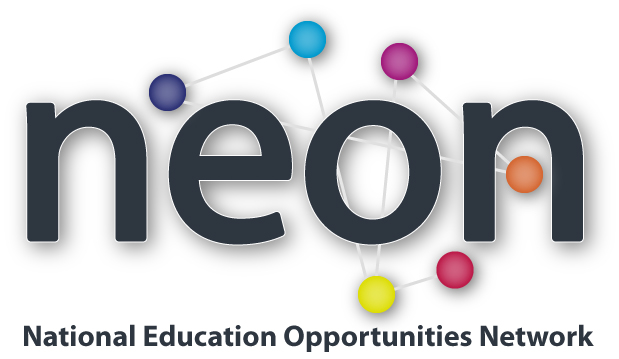
National Education Opportunities Network (NEON)
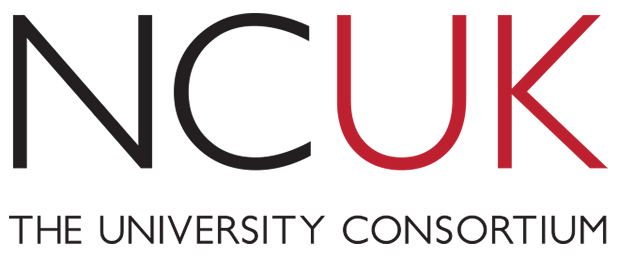
NCUK
World Access to Higher Education Day Secretariat
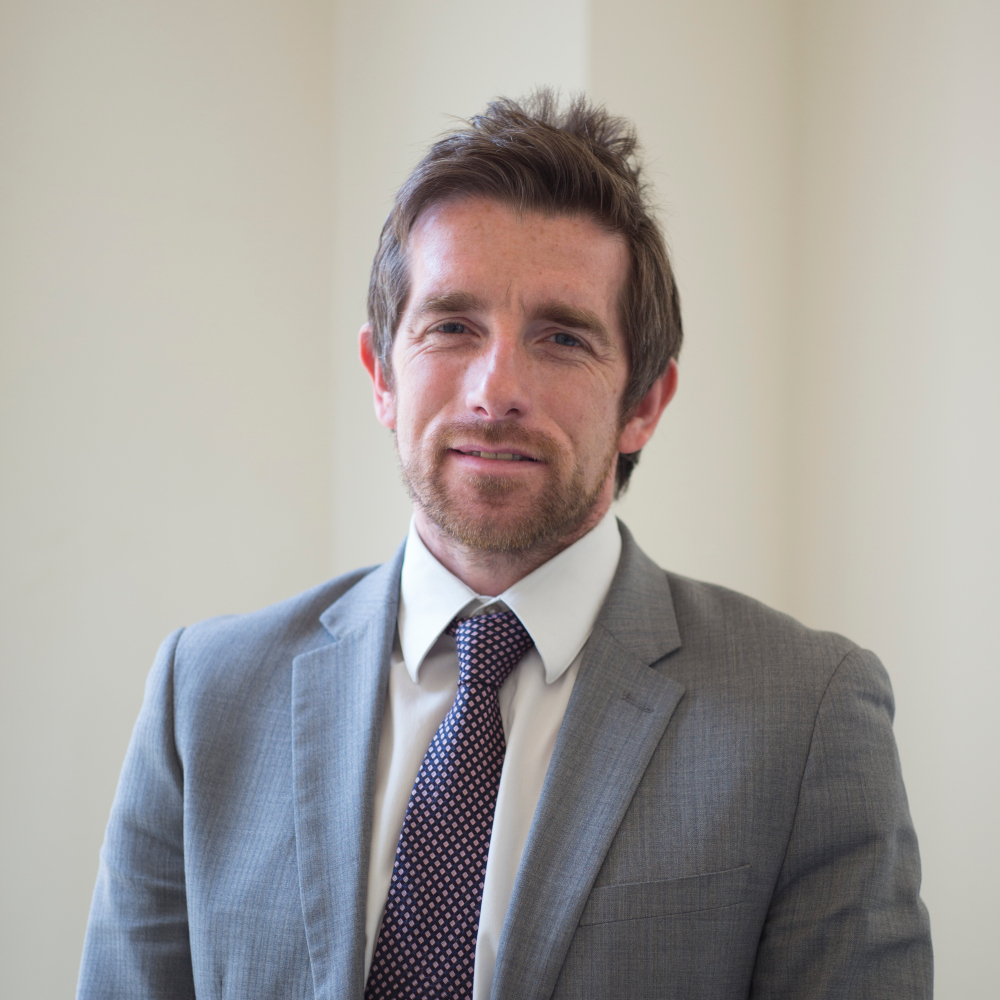
Professor Graeme Atherton
Director, National Education Opportunities Network (NEON)
Professor Graeme Atherton studied Philosophy, Politics and Economics at Trinity College Oxford and has been working in the field of education research and management since 1995. After six years leading Aimhigher work in London, he founded both AccessHE and NEON in the UK. He now leads both the Centre for Levelling Up at the University of West London and NEON. Graeme holds Visiting Professorships at London Metropolitan University and Sunway University, Kuala Lumpur, Malaysia. He is a member of the European Access Network (EAN) Board and has produced over 120 conference papers and publications.
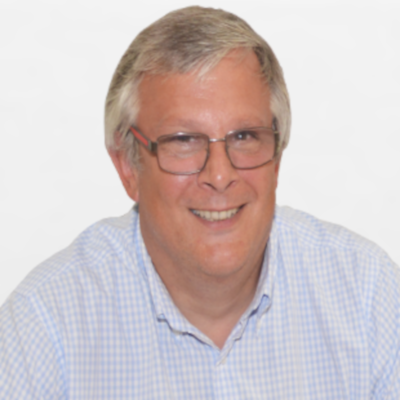
Martin Webster
Operations Manager, NEON
Planning Group
Collaboration is the key to making World Access to Higher Education Day a success. These organisations are aiding us in planning for the day and are located all across the world.
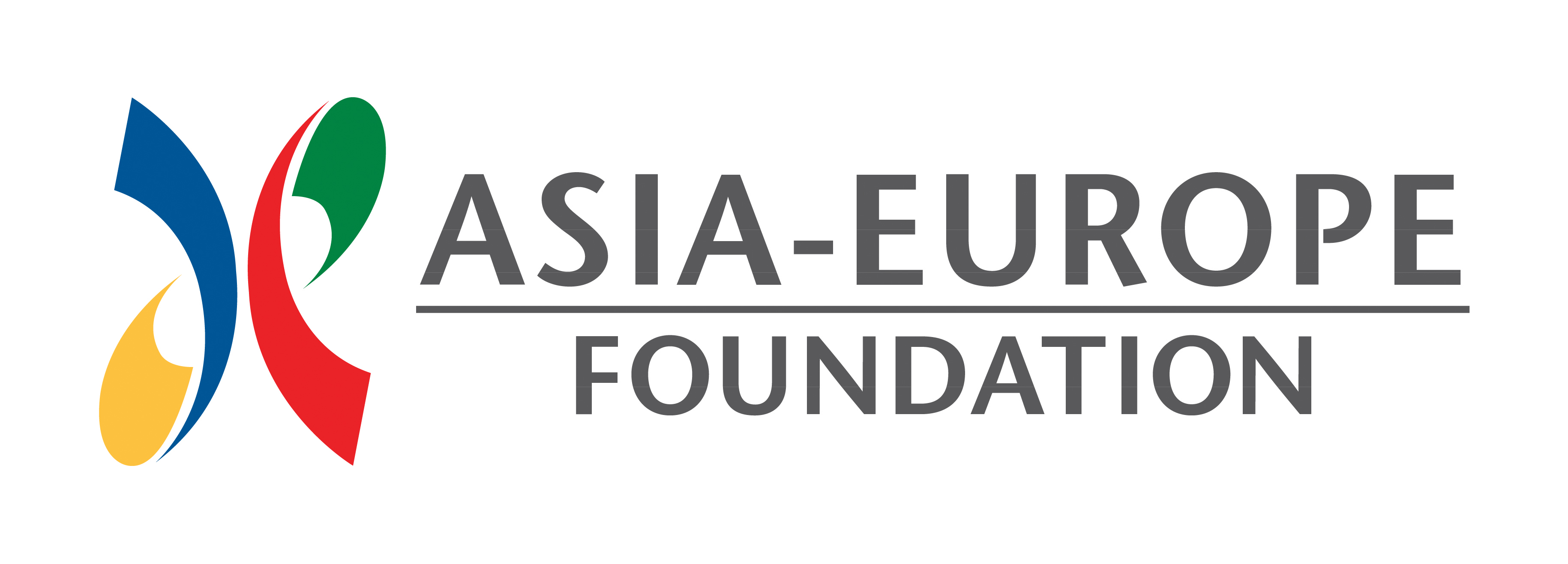
Asia-Europe Foundation

British Council

The University of Edinburgh
Founded in 1583, the University of Edinburgh is the sixth oldest university in the English-speaking world and one of Britain and Ireland’s seven ancient universities. The university is internationally focused and welcomes students from all corners of the globe, with the majority coming from China and the United States. Its students can also take advance of the Go Abroad Fund, which provides grants for 250 students to have a short-term international experience each year. Additionally, students are also encouraged to either study or work abroad as part of their course.
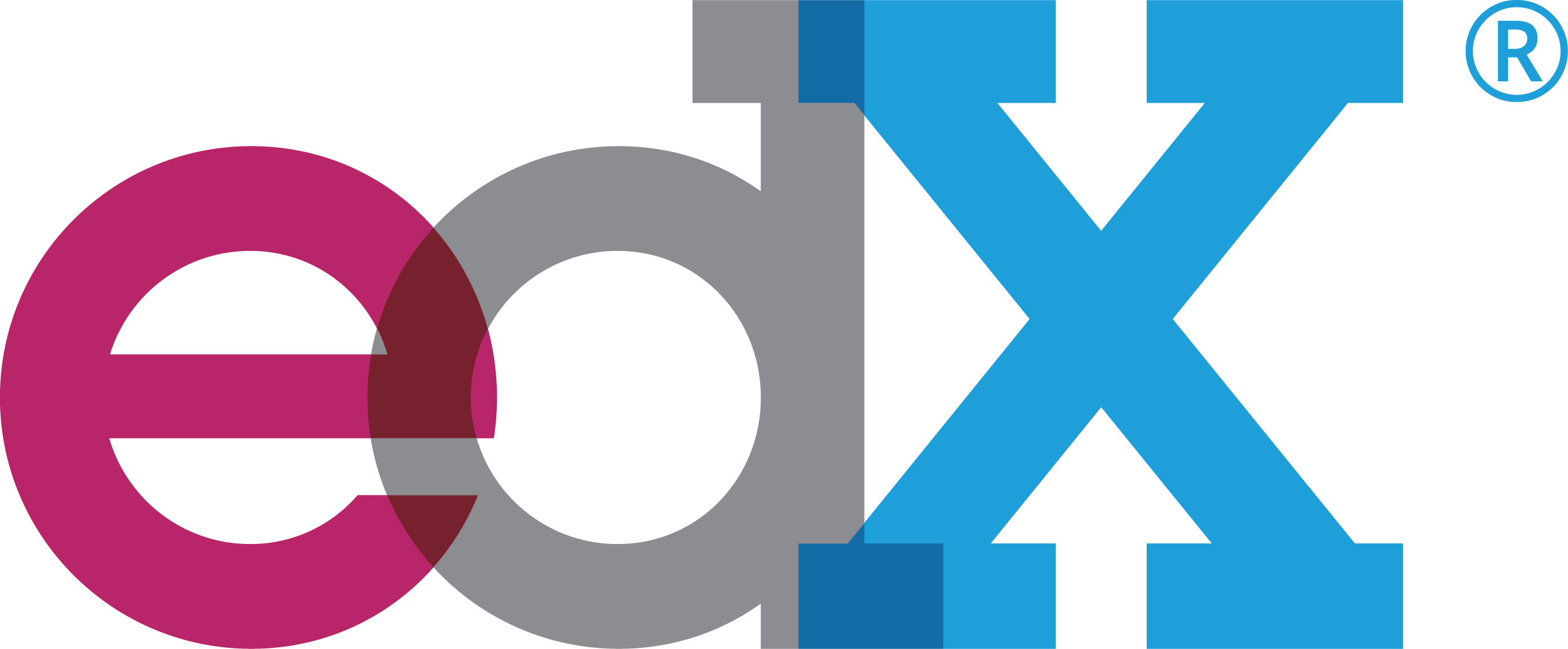
edX
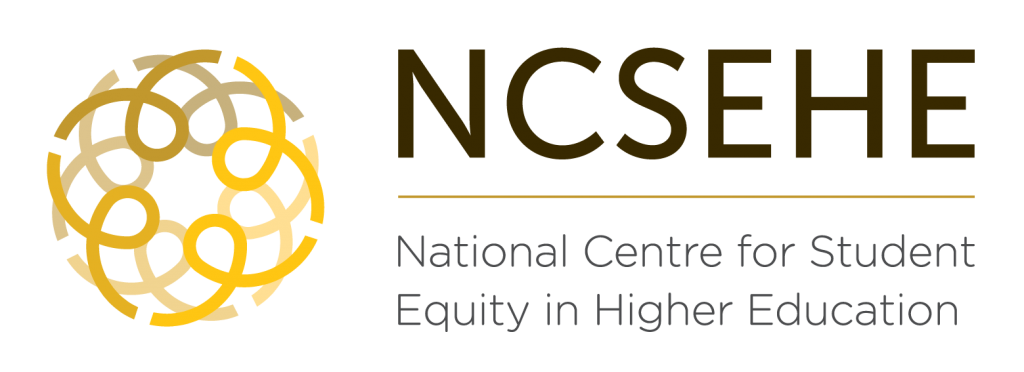
National Centre for Student Equity in Higher Education (NCSEHE)

National Institute of Educational Planning and Administration (NIEPA)
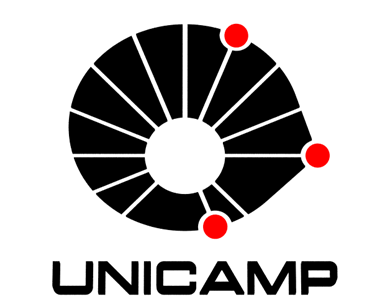
The University of Campinas
- It is the top Brazilian university in number of published articles per faculty member.
- It’s responsible for ~8% of Brazil´s articles in scientific journals.
- 46% of graduate courses achieve top grades (ranked by CAPES/MEC).
- It is the top Brazilian university in number of patents.
- Ranked 15th: World´s top 50 universities under 50 years old.
- Ranked 2nd: Latin America´s top 10 universities (QS Ranking)
- Ranked 9th: top BRIC´s universities.
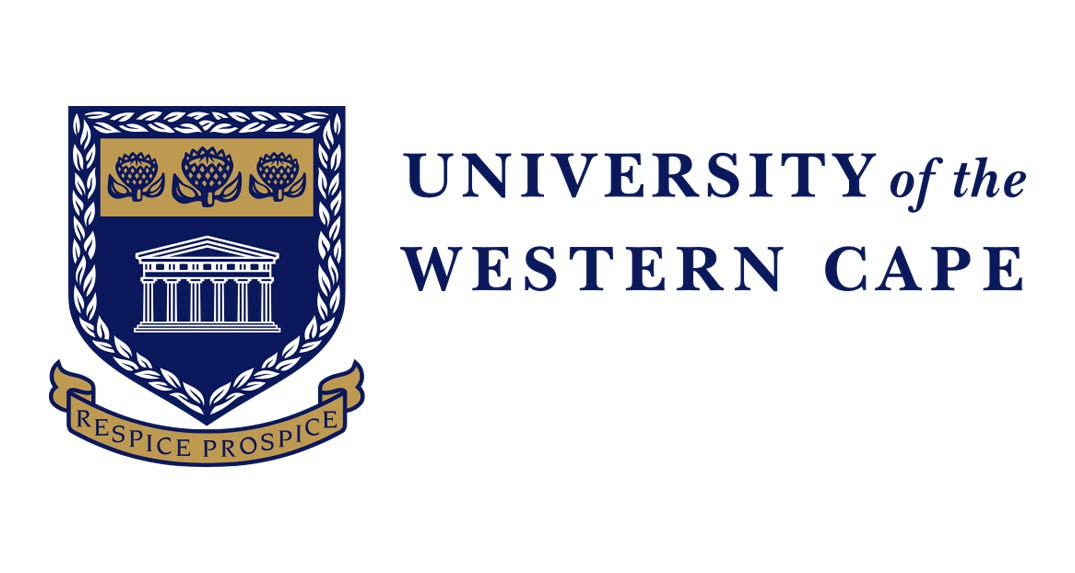
University of the Western Cape
The University of the Western Cape is a national university, alert to its African and international context as it strives to be a place of quality, a place to grow. It is committed to excellence in teaching, learning and research, to nurturing the cultural diversity of South Africa, and to responding in critical and creative ways to the needs of a society in transition. Drawing on its proud experience in the liberation struggle, the university is aware of a distinctive academic role in helping build an equitable and dynamic society.
